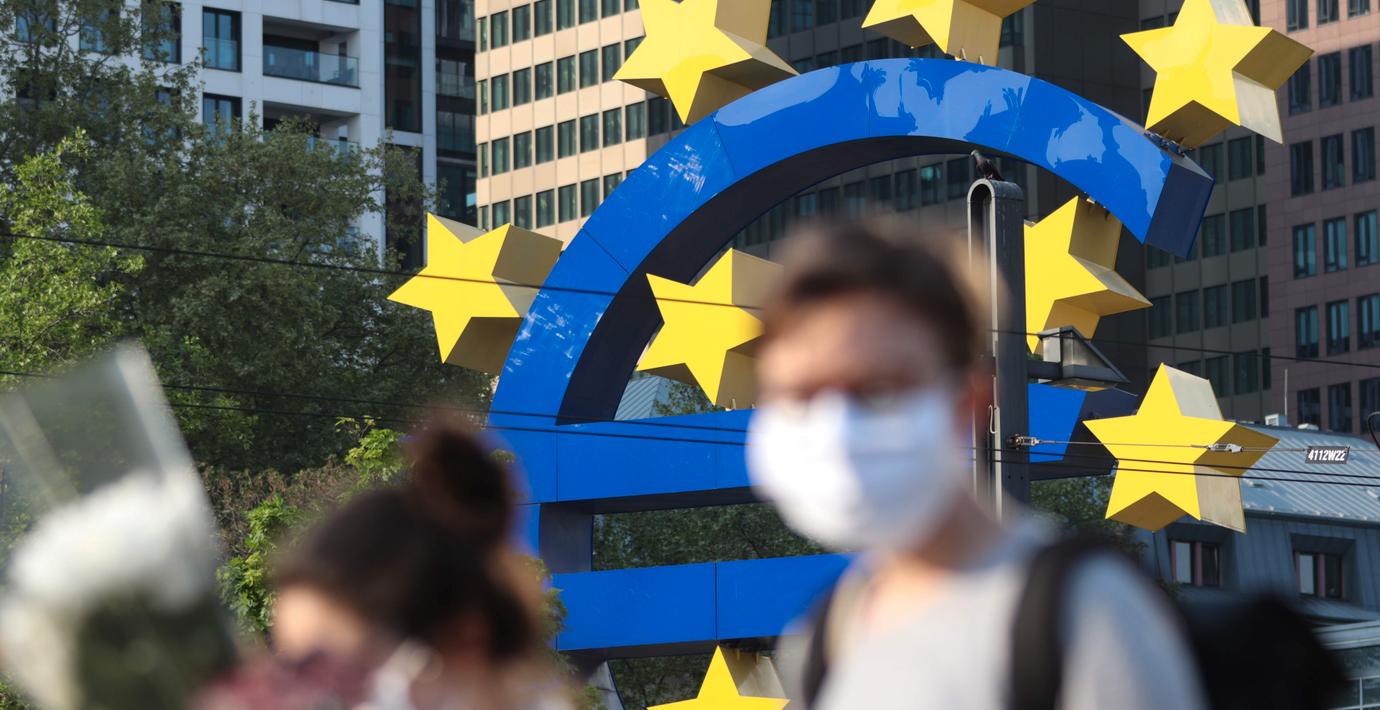
Källor: Kroatien och Bulgarien på väg mot euro
EU är redo att släppa in Kroatien och Bulgarien i andra etappen av växelkursmekanismen, ERM II, de närmaste tre åren, enligt källor till Reuters. Det är ett första steg mot att anta euron som valuta.
Det blir i sådana fall den första utökningen av eurosamarbetet sedan 2015 när Litauen gick med i valutaunionen.
Enligt källorna är beslutet nära förestående efter att EU:s finansministrar hållit sina videokonferenser under torsdagen och fredagen. De tror också att beslutet kommer att meddelas i helgen för att undvika marknadsspekulationer.
bakgrund
Kroatien och euron
Wikipedia (en)
Croatia's currency, the kuna, has used the euro (and prior to that one of the euro's major predecessors, the German mark or Deutschmark) as its main reference since its creation in 1994, and a long-held policy of the Croatian National Bank has been to keep the kuna's exchange rate with the euro within a relatively stable range.
Croatia's EU membership obliges it to eventually join the eurozone, as such the country plans to join the European Monetary System, the pathway to euro adoption. Prior to Croatian entry to the EU on 1 July 2013, Boris Vujčić, governor of the Croatian National Bank, stated that he would like the kuna to be replaced by the euro as soon as possible after accession. This must be at least two years after Croatia joins the ERM2 (in addition to it meeting other criteria). The Croatian National Bank had anticipated euro adoption within two or three years of EU entry. However, the EU's response to the ongoing financial crises in eurozone states may delay Croatia's adoption of the euro. The country's own contracting economy also poses a major challenge to it meeting the convergence criteria. While keen on euro adoption, one month before Croatia's EU entry governor Vujčić admitted "...we have no date [to join the single currency] in mind at the moment". Before Croatia can join ERM II, it must reduce its budget deficit by about 1.5 billion kuna (June 2013 figures). The European Central Bank was expecting Croatia to be approved for ERM II membership in 2016 at the earliest, with euro adoption in 2019. On 12 May 2020, European Commission executive vice president Valdis Dombrovskis stated that Bulgaria could join ERM II together with Croatia in July 2020.Many small businesses in Croatia had debts denominated in euros before EU accession.
Croatians already use the euro for most savings and many informal transactions. Real estate, motor vehicle and accommodation prices are mostly quoted in euros.
bakgrund
Bulgarien och euron
Wikipedia (en)
Bulgaria committed to switching its currency, the lev, to the euro upon its joining the European Union in 2007, as stated in its EU accession treaty.
The transition will occur once the country meets all the euro convergence criteria; it currently meets three of the five criteria, the exception being its membership for at least two years of the EU's official exchange rate mechanism (ERM II), which it has not yet joined despite the Bulgarian lev having been pegged to the euro since its introduction in 1999. In 2011 Bulgaria's Minister of Finance Simeon Djankov stated that adoption of the euro would be postponed until after the Eurozone crisis had stabilized. Bulgarian euro coins have not yet been designed, but their motif has been chosen to be the Madara Rider. In January 2019, Finance Minister Vladislav Goranov said he hoped that Bulgaria could join the ERM-II mechanism in July 2019, and introduce the euro on 1 January 2022. In January 2020, IMF Managing Director Kristalina Georgieva said that it was possible for Bulgaria to join ERM II in 2020 and adopt the euro in 2023. On 30 April 2020, Bulgaria officially applied to join ERM II, the first step to introduce the euro. On 12 May 2020, European Commission executive vice president Valdis Dombrovskis stated that Bulgaria could join ERM II together with Croatia in July 2020.
Omni är politiskt obundna och oberoende. Vi strävar efter att ge fler perspektiv på nyheterna. Har du frågor eller synpunkter kring vår rapportering? Kontakta redaktionen